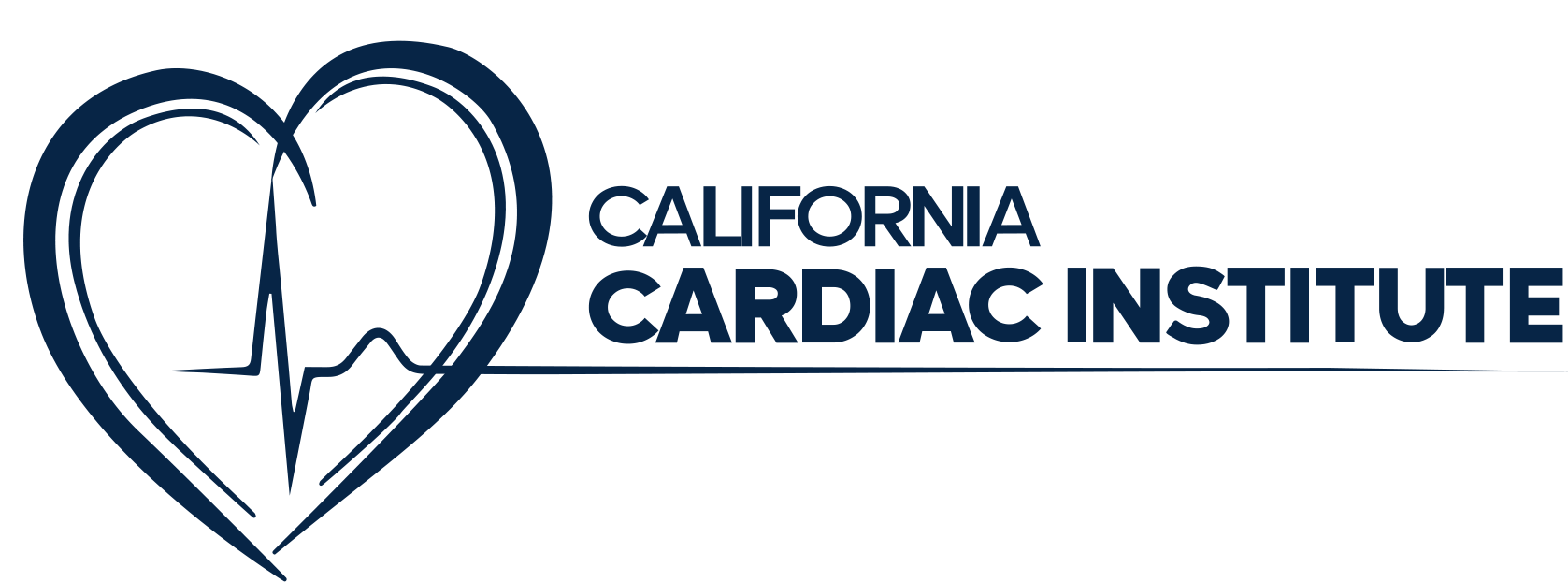Coronary heart disease develops when the arteries supplying your heart become narrowed or blocked, reducing blood flow. At California Cardiac Institute, we offer clear education and early testing for coronary heart disease in Los Angeles, helping you recognize warning signs and act early to protect your heart.
What is Coronary Heart Disease?
Coronary heart disease (CHD) occurs when the coronary arteries that supply oxygen-rich blood to your heart muscle become narrowed or blocked, most often due to a buildup of plaque from cholesterol and other substances. This reduces blood flow, putting strain on your heart and increasing the risk of serious events such as heart attacks. Over time, CHD can also weaken the heart muscle, leading to heart failure, which is why prompt intervention is essential.

Signs & Symptoms of Coronary Heart Disease:
- Chest pain or pressure (often called angina), especially during activity or stress
- Shortness of breath with exertion or at rest
- Fatigue or weakness that worsens with activity
- Pain or discomfort radiating to the arm, neck, jaw, or back
- Dizziness or lightheadedness
- Heart palpitations or irregular heartbeat
- Swelling in the legs, ankles, or feet due to poor circulation
What Causes Coronary Heart Disease?
Coronary heart disease develops when the coronary arteries become narrowed or blocked due to the buildup of fatty deposits, called plaque. This process, known as atherosclerosis, restricts blood flow and makes it harder for your heart to get the oxygen it needs. Over time, these can lead to chest pain, heart attacks, or heart failure. Common causes and risk factors include:
- High blood pressure
- High cholesterol levels
- Smoking and tobacco use
- Diabetes or insulin resistance
- Obesity or being overweight
- Sedentary lifestyle and lack of exercise
- Unhealthy diet high in saturated fats and sugars
- Family history of heart disease
- Older age
- Chronic stress
Heart Conditions Can't Wait
If coronary heart disease is left untreated, the restricted blood flow can damage your heart muscle. Over time, this increases the risk of complications like heart attacks, arrhythmias, or congestive heart failure. Untreated CHD may also cause permanent scarring, weakening your heart’s ability to pump blood effectively. Because these changes often develop silently before symptoms worsen, delaying care can have life-threatening consequences.
How is Coronary Heart Disease Diagnosed and Treated?
When you visit us with symptoms of coronary heart disease, we begin with a thorough consultation to review your medical history, lifestyle, and risk factors. Our physicians perform a detailed physical exam and may recommend advanced diagnostic tests, including imaging from our state-of-the-art center. One of the most precise tools we use is the cardiac PET scan, which maps the entire heart for accurate and early diagnosis.
Once we confirm your condition, we create a personalized treatment plan that may include:
- Prescription medications to manage blood pressure, cholesterol, and heart function
- Lifestyle recommendations focused on diet, exercise, and stress reduction
- External counterpulsation therapy (ECP) to improve blood flow
- Interventional or surgical procedures if blockages are severe
- Ongoing monitoring with heart rhythm or vascular testing to track progress

Schedule Your Consultation
California Cardiac Institute is dedicated to helping you protect your heart and your future health. If you are experiencing chest pain, shortness of breath, or other symptoms of coronary heart disease in Los Angeles, we encourage you to come in for a consultation. Our physicians combine advanced diagnostic imaging with preventive strategies to provide the best possible care. Since heart conditions cannot wait, we offer same-day appointments and accept walk-ins. Schedule your consultation for coronary heart disease in Glendale today.

